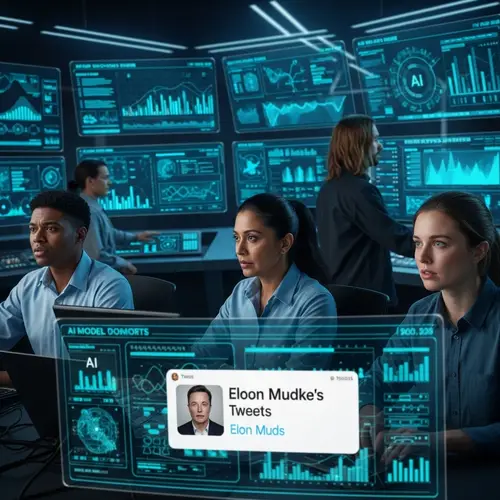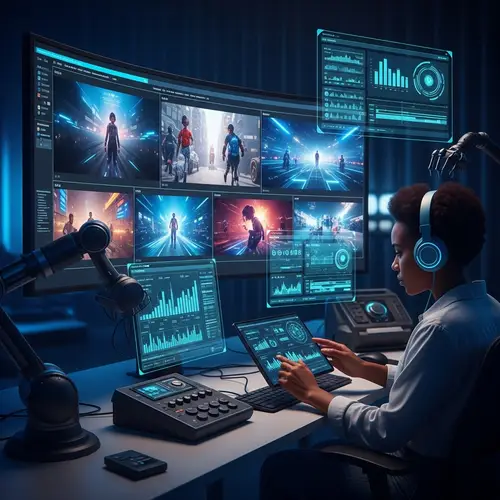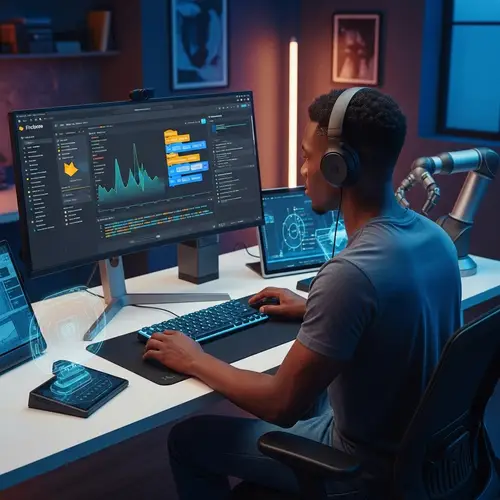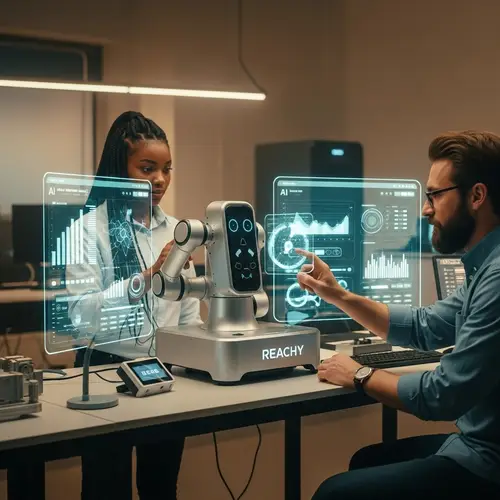Intro: A Big Moment in the AI and Copyright Tug-of-War
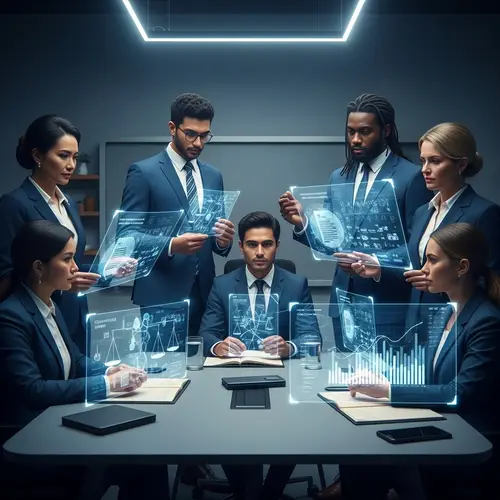
Artificial intelligence has fundamentally shifted the way we interact with content—through books, documents, art, and beyond—to say the least. But we’re now heading into stranger terrain. One recent court ruling has cracked open a deeper conversation about what AI can and can’t do when it comes to copyrighted material. At the heart of this issue? Whether training AI systems on books protected by copyright laws would be considered fair game, if those books were obtained legally.
I know—this might sound weird, but this ruling not only opens a new legal door; it almost guarantees that more of these cases are coming. For what it’s worth, this could change the way developers, authors, tech companies, and even readers think about content ownership.
Presentation to the Court Case That Shook Things Up
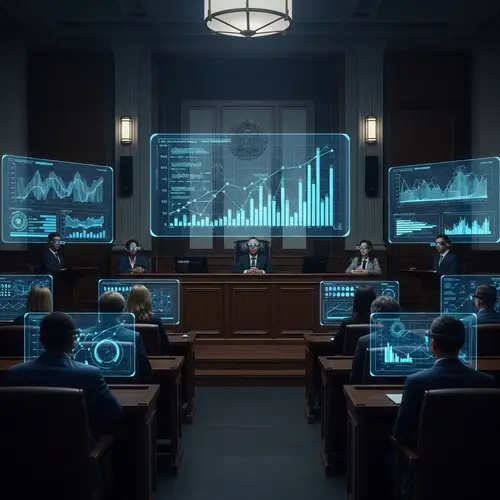
The story centers on a group of authors who filed a lawsuit claiming that artificial intelligence models are being trained on their copyrighted books without permission. They weren’t just annoyed—they were alleging full-blown infringement.
The twist? The court didn’t side with them—at least not entirely. Instead, the ruling focused more on how the AI systems obtained the material.
If the books were legally acquired (say, by buying them—which, last I checked, is still a thing people do), then, according to the court, training artificial intelligence on them doesn’t break the copyright law. The reasoning is that it’s not republishing or sharing the entire book word-for-word but using it behind the scenes as input.
What Is Fair Use AI Training Data?
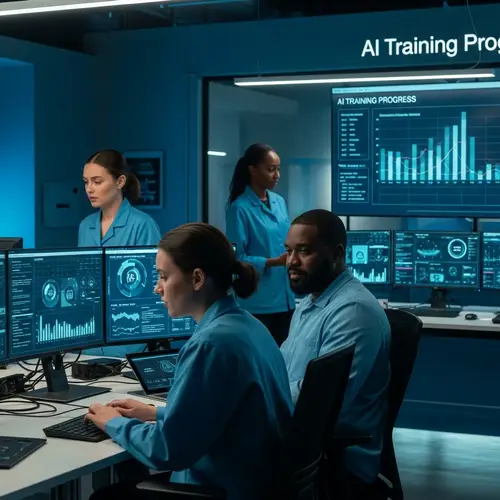
Let’s break this down in plain terms. Fair use is a part of copyright law that gives some breathing room—like when you quote a book in an essay or remix a song on YouTube without getting sued into oblivion, as long as it meets a few legal standards.
Now, when we move that logic into the AI world, it gets more complicated. AI doesn’t exactly read books the way you and I do. It processes a ton of written material to detect patterns using advanced calculations. It doesn’t memorize; it analyzes and learns from trends, phrasing, structure, and tone.
So, can AI legally train on books? That’s what this court ruling tried to answer. According to the judge, yes—so long as those books were acquired without breaking any rules (which, let’s face it, should be the baseline).
AI Fair Use Copyright Law: Explained with a Bit Less Legalese
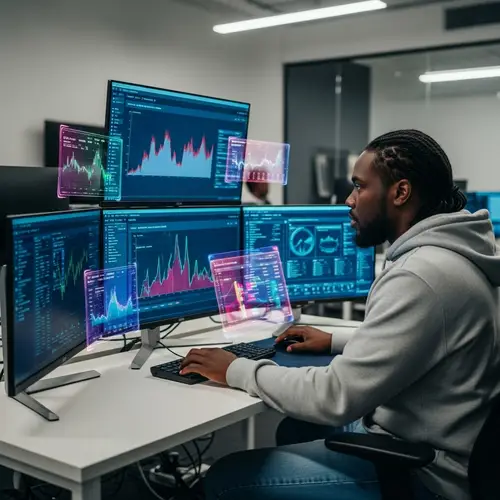
This ruling stems from the way copyright law is built. The law doesn’t just protect books; it also protects their expression. But here’s where it gets tricky. AI doesn’t necessarily copy books for you to read—it uses them as training material to understand language better. It’s less like photocopying a novel and more like studying 1,000 novels to learn how to write a new one without copying any of them directly.
Confusing? Yeah, for sure. But here’s the crux: the court said that if the content was legally obtained, the training process doesn’t necessarily infringe on the authors’ exclusive rights.
What the Ruling Doesn’t Mean
Now, let’s not ignore the fine print. The ruling doesn’t give AI platforms a golden ticket to do whatever they want with copyrighted works. It just says that the mere act of training—again, if the content is legitimately obtained—might not be enough to break the law by itself.
And, honestly, I feel like this part might get misunderstood. It’s not a total win for anyone—it’s more like an armistice in an ongoing conflict where neither side gets everything they wanted.
Why This One Court Decision Matters So Much
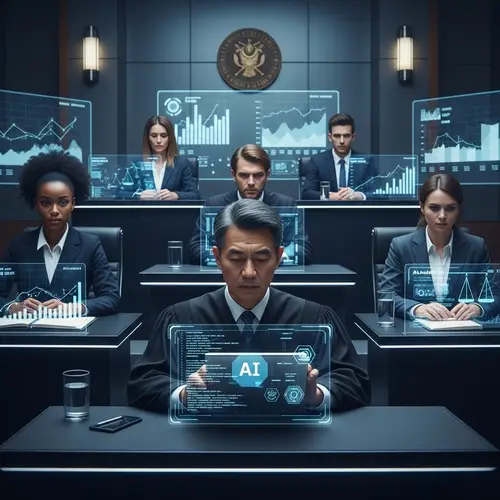
AI is already everywhere—from your maps app to the chatbot that makes dinner plans for you. And now, it’s making its way into writing, making art, coding, and more.
So the question of whether AI training on copyrighted data fits within “fair use” rules isn’t just academic. This could set the tone for AI copyright law guidance going forward. Think of it this way: if someone builds a house based on reading thousands of construction books—but doesn’t actually copy anything—should that be considered stealing?
In a similar fashion, large language models don’t regurgitate books—they draw from patterns in the material to create new things. That line between inspiration and infringement gets really blurry really fast.
Not Gonna Lie: This Is a Slippery Slope
Whether or not an AI ends up creating something “too similar” or “derivative” is still hotly debated. And even with this court decision, we’re far from settled law here. This is new ground, and nobody’s laid the pavement yet.
What we do know now is this: The legality of training isn’t always a direct copyright violation if the content was gathered through proper channels.
How AI Models Use Data from Books

Think of an AI model like a sponge in a library. It soaks in sentence rhythms, style choices, and overall tone—but doesn’t retain or spit out actual pages word-for-word.
For instance, let’s say you feed a model 50 novels from the science fiction aisle. What you end up with is a machine with a sense of how sci-fi stories usually unfold—without it necessarily copying a single scene from any specific book. That’s the basic idea behind fair use AI training data.
Generally speaking, if you’re not reproducing the book verbatim and you’re using legally gathered material, then copyright rules aren’t necessarily violated—at least for now.
Impacts on Writers, Companies, and AI Developers
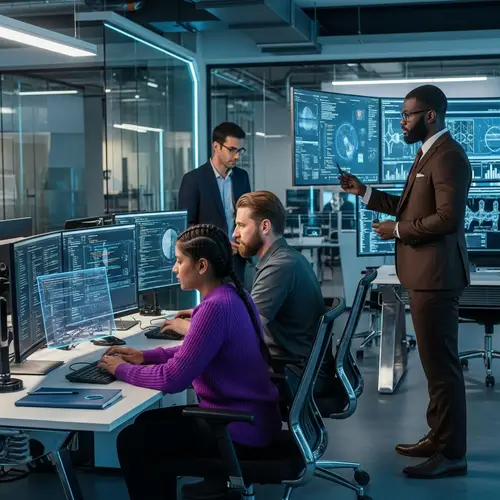
This court ruling makes some noise, for sure. Writers are understandably nervous. AI companies are taking notes. Developers are already tweaking their models to fall in line. It’s one of those moments where everyone pauses to figure out what’s next.
Because, let’s face it—nobody wants to be at the center of the next legal headline. And companies developing AI tools? They need a clear line between what’s cool and what could get them sued, especially if you’re building something meant to do customer service jobs or even write novels.
Honestly, I Think the Conversation Is Just Getting Started
Which means, yeah—we’ll likely keep seeing lawsuits, rulings, appeals, and probably even some new laws. In the meantime, rulings like this help shape how AI copyright laws will develop. And maybe it’ll push people to think more intentionally about their digital rights, too.
What This Means for You (Yeah, You)

If you’re a developer, a content creator, or just someone curious about the legal mess behind AI, this decision might help you breathe a tiny sigh of relief. But don’t get too comfy. The landscape is still shifting.
Maybe it’s just me, but I kinda get the vibe that we’re seeing the birth of a brand-new set of rules. This ruling might be a piece of the foundation—just not the whole house.
FAQs: Quick Answers to Common Questions
Yes—if the material was obtained legally, courts are starting to say it might fall under fair use. But it can still depend on specific situations.
Nope. This is just one court’s take. Other courts—or even lawmakers—might decide differently later. Stay tuned!
Fair use means using content in a limited way without direct permission—like for education, parody, or, now, potentially training AI models.
Yes, definitely. Even if the law seems to protect training AI under some conditions, it’s still a gray area, and new rulings could shift the line again.
Authors should register their copyrights, follow ongoing legal updates, and consider joining advocacy groups fighting for clearer protections.
In the Final Analysis
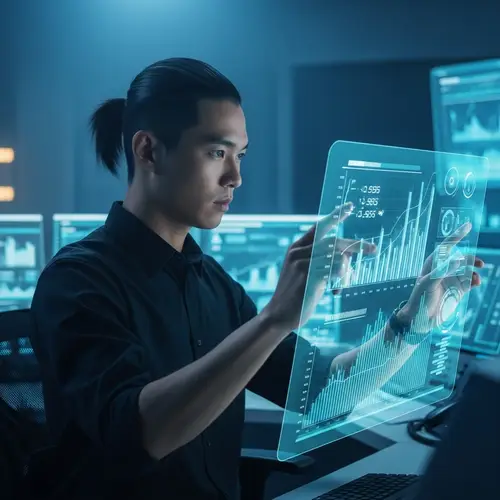
The court ruling on AI copyright and fair use didn’t slam the door shut. If anything, it cracked open a window. If AI systems get access to books the right way, training on them might not be illegal. But that doesn’t mean we’ve reached a final answer. It’s a step—but expect many more to follow.
For now, one thing’s clear: artificial intelligence is barging into the copyright world, and both tech folks and content creators need to lean in and pay close attention. Because the next case? It might be even more defining.
Got more questions about how copyright and AI overlap? Explore more info and let’s keep this conversation going. Drop a comment below if you’ve got thoughts. Or better yet, go ask ChatGPT something interesting—and think about where that answer actually comes from.

